2020’s Trending Diet Breakdown

We quarantined. We stress baked. And now, our pants are tighter. But don’t worry, you’re not alone! We’re in every aspect of this crazy year together, after all.
Tweaking your dietary habits doesn’t always have to be in the post-holiday season. We think “back to school” season is an excellent time to reevaluate your health and build new habits; any time there is a change in your schedule or to your routine always proves to be a great time to make other habitual changes. Incorporating new eating habits now also means you will have a good base to go back to after the holiday season.
So what’s the hottest eating plan and the best one for you?
It depends on your goals. Here are our favorites:
Mediterranean Diet
The Mediterranean Diet consists of eating in the style of the Mediterranean: smaller amounts of meat but lots of fish, legumes, dairy and vegetables. And all the olive oil you want. The Mediterranean Diet consistently tops “Best Diet” lists because of its flexibility. It includes (although in moderation) many other diet’s “no-nos” like whole-grain bread/carbs, dairy, and even red wine. (Again, in moderation.)
The Pros: Easy to follow, easy to maintain and extremely flexible.
The Cons: Not an aggressive weight loss plan. Some kind of calorie counting would still be a requirement to lose weight on this plan.
Perfect for: Anyone looking to make a lifestyle change for general good health. See also: people that don’t want to divorce bread.
KETO/Low Carb
Keto is the newest form of the low carb movement. This is a high-fat, adequate-protein and low-carbohydrate diet.
The Pros: It can produce quick weight-loss results and there is no need for calorie counting.
The Cons: It’s hard to stick to because of the dietary restrictions, and generally not a “lifelong” plan. This is not a vegetarian-friendly diet. It can also be hard to get your daily recommended intake of fiber.
Perfect For: Someone looking to kickstart a weight loss plan and people that really really like meat.
Paleo
The paleo diet is kind of in between the Mediterranean and Keto diets. Originally, it follows the way humans are thought to eat during the paleolithic era. Typically, the diet avoids processed foods with an emphasis on meat, vegetables, fruit, nuts and roots.
The Pros: The flexibility of being “less carb” rather than “no-carb” makes it easier to follow and maintain.
The Cons: There are so many variations it can be confusing. The lack of beans and legumes can make it difficult for vegetarians to follow.
Perfect for: Anyone that doesn’t want to count carbs, calories or portion sizes.
Flexitarian
Flexitarian is the new buzzword for being vegetarian most of the time. This diet is mainly whole-food plant-based with a limited amount of animal protein.
The Pros: The relaxed attitude towards “breaking” from vegetarianism makes it easier to stick to. The emphasis on whole, plant-based foods make it good for heart health and gut health.
The Cons: The lack of guidelines and lack of identification of what exactly a flexitarian even is can seem a bit “choose your own adventure,” making it harder for someone that needs more structure in a dietary plan. Is it meat once a week or 3 times a week? The jury is still out on that one.
Perfect for: Anyone considering going vegetarian for either health or moral reasons but has a hard time committing all the way for any variety of reasons.
Weight Watchers
An oldie but goodie, Weight Watchers is still around. The Weight Watchers diet focuses on lean proteins, fresh non-starchy vegetables and whole grains and uses a point system to track daily intake. This is also the only diet with a built-in community and support system.
The Pros: The eating plan is pretty flexible, as there aren’t very many foods that aren’t “on” the diet – everything has points that you can “spend” on your daily intake, it’s just a matter of give and take. It also has a built-in community and support system with meetings, etc. that can help people stay accountable to their dietary journey.
The Cons: Being a member can be expensive. You can do it without membership, but you lose the community that significantly helps their success rate. The points can also be confusing and annoying to count; you might as well count calories.
Perfect for: Anyone looking to lose weight that needs flexibility and an “accountabilibuddy.”
Whether you’re starting a new eating plan or struggling to maintain a current one, we can help! Our personal chef services are completely customized to your dietary preferences to help you on your weight loss journey. We incorporate a personal consultation with every client we serve, so regardless of your health goals we’re with you every step of the way. Don’t want to count calories or points? We’ll do it for you (and put it on your meal labels). To get started, fill out a food questionnaire and we’ll be in touch!
Gather and Enjoy
Appreciate the ability to enjoy good food, quality conversation
and life's sweetest moments!
Stay Up To Date
Subscribe to our newsletter to receive cooking tips, recipes and the latest news and updates with About the Table!
